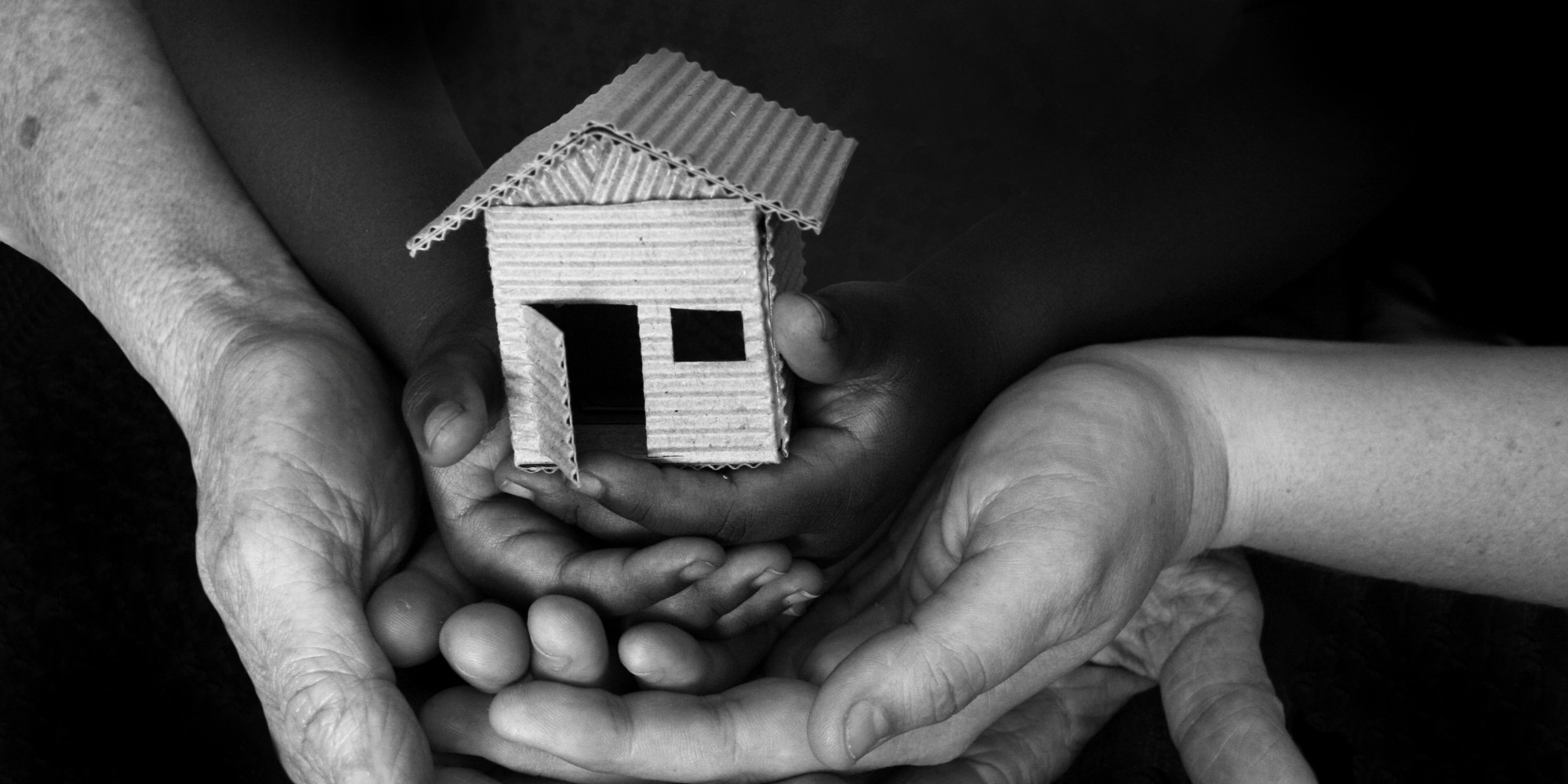National Hunger and Homelessness Awareness Week: Food Insecurity and Homelessness

 Guest Blog by Joe Surkiewicz, Director of Communications, Homeless Persons Representation Project, Member of Maryland Nonprofits
Guest Blog by Joe Surkiewicz, Director of Communications, Homeless Persons Representation Project, Member of Maryland Nonprofits
Each month, Maryland Nonprofits selects a nonprofit member to help raise awareness with a guest blog. Thank you to the Homeless Persons Representation Project for donating their time to share today’s blog.
Last year, the 400,000-member American Bar Association passed a resolution on the right to food that urged governments “to promote the human right to adequate food and nutrition for all,” and urged the U.S. government “to make the realization of a human right to adequate food a principal objective of U.S. domestic policy.”
Why was the largest U.S. organization of lawyers supporting the human right to food? A report accompanying the resolution noted that food insecurity in the U.S. has been at record levels for five years in a row. The report cited census figures showing that 14.5 percent of U.S. households suffered food insecurity in 2012.
“The U.S. is one of the only countries that has yet to acknowledge that access to food is a human right,” the report said. “Hunger is not inevitable—the United States produces enough food to feed each American. There is no question that government must address the most basic of human needs—hunger and nutrition—with a human rights approach in order for ending hunger to be a national goal to which we all will be held accountable.”
It’s important to note that the right to food is protected in Article 25 of the Universal Declaration of Human Rights, Article 11 of the International Covenant on Economic Social and Cultural Rights, Articles 24 & 27 of the Convention on the Rights of the Child, and Article 11 of the American Declaration on the Rights and Duties of Man.
At the Homeless Persons Representation Project, a nonprofit law firm in Baltimore working to end homelessness in Maryland, that human right to food informs all of our efforts to help people out of homelessness and to prevent them from becoming homeless.
What does food insecurity have to do with homelessness? Think about it. When you’re a low- or no-income person, you are always faced with difficult decisions, like whether to pay for food, rent or medicine. There is never enough for all three.
But regardless of your background or income, everyone is entitled to the basic core elements of survival—food, shelter and water. It’s a human right.
When HPRP attorneys in the Access to Public Benefits Project meet with clients, we collect a lot of background information, including income and whether they receive food stamps—the Supplemental Nutrition Assistance Program (SNAP), called the Food Supplement Program (FSP) in Maryland.
Food stamps only provide about $194 a month for a one-person household. The reality is that most homeless people run out of that money during the month, meaning they have to find meals at overrun shelters and homeless day centers. But, inadequate as they are, food stamps are still a critical benefit for people struggling with homelessness.
Unfortunately, a lot of people have eligibility difficulties and, as a result, get wrongful application denials or get wrongfully terminated from the food stamp program. That’s where HPRP helps.
An example: Sandra (not her real name) became homeless after she lost her job. She and her two small children moved into a homeless shelter. Sandra had no food or income, even though she had applied for food stamps a few weeks prior.
She and her HPRP attorney filed an appeal. They discovered that the Department of Social Services (which administers food stamps) had sent mail to Sandra, but not to the mailing address that she listed on her application. With the help of her HPRP lawyer, Sandra got her food stamps within a week of filing.
Other people miss redetermination appointments after the DSS sends out letters to make sure a person’s eligibility hasn’t changed.
But clients often don’t get the letters because they are homeless and don’t have fixed addresses. The result is that their food stamps are terminated—and they only find out when they go to buy food unsuccessfully.
Every day, HPRP lawyers and staff (and more than 300 volunteer attorneys) help low-income clients with problems that deal with basic needs like food and shelter.
The number of cases HPRP sees each year begs the question—“Why do families fight so hard for something that is as basic to human survival as food?”
Learn more about the Homeless Persons Representation Project>>
| |
Follow Maryland Nonprofits on Google+, Facebook, Twitter, and LinkedIn. |
